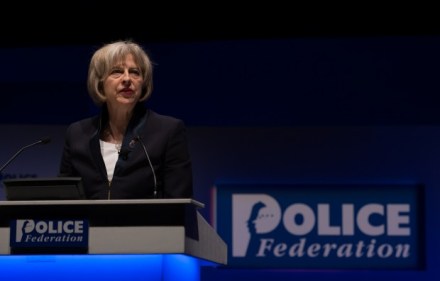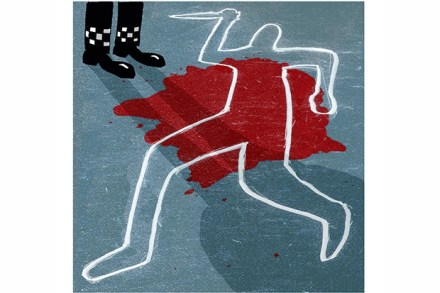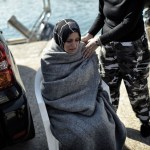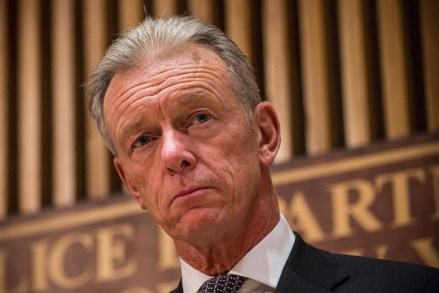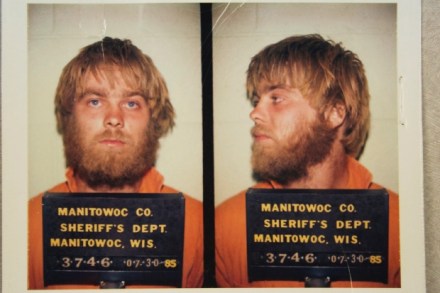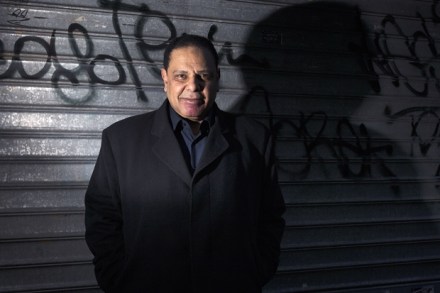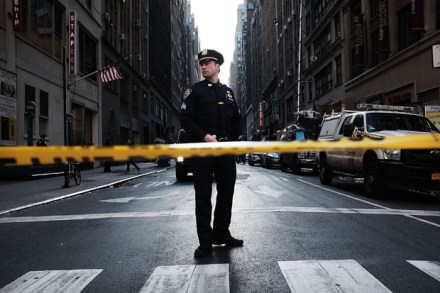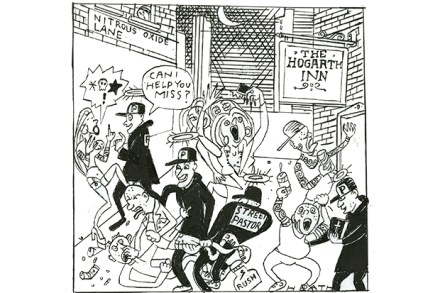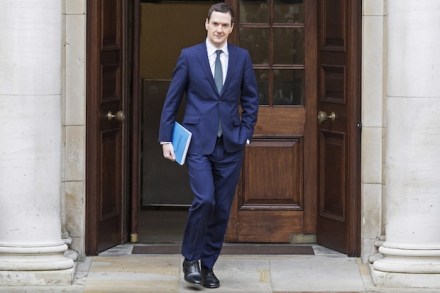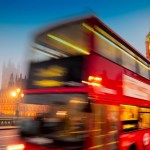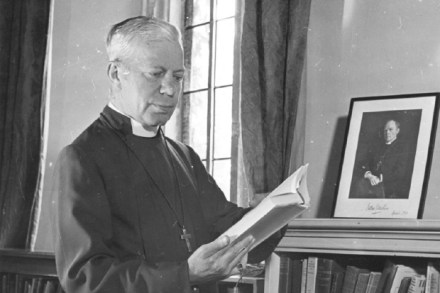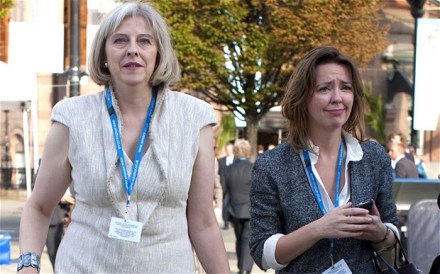Why today is crucial for determining Theresa May’s chances in the next Tory leadership race
Theresa May knows all about the pitfalls of speaking at the Police Federation but she is also well aware of how the conference can provide the perfect platform for underlining her leadership credentials. Back in 2012, the Home Secretary was booed, laughed at and made to speak in front of a sign which described government budget cuts as ‘criminal’. Last year, she accused the Federation of ‘crying wolf’ about finances. But her most memorable address to officers gathered at the annual Police Federation came in 2014, when she left the stage in silence – having stunned those gathered with her criticism of the police. She said that some in the
